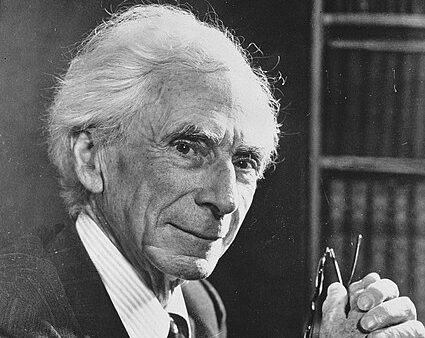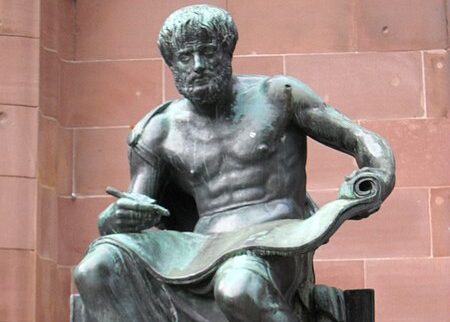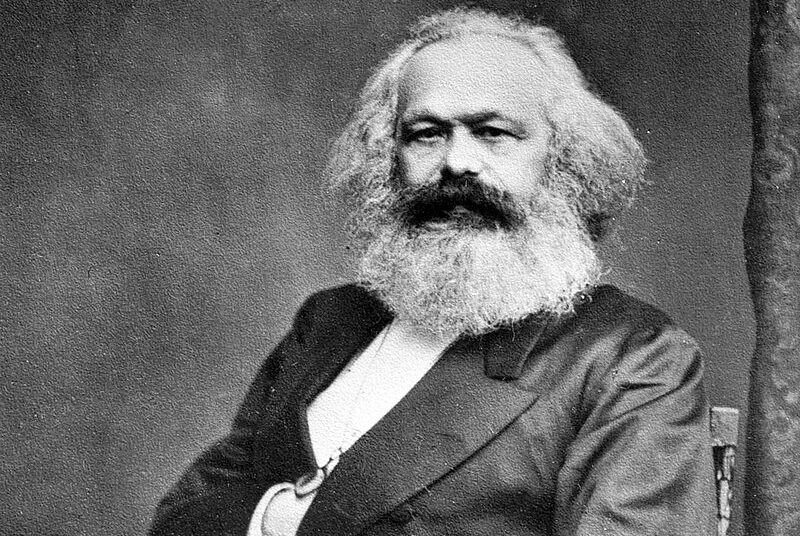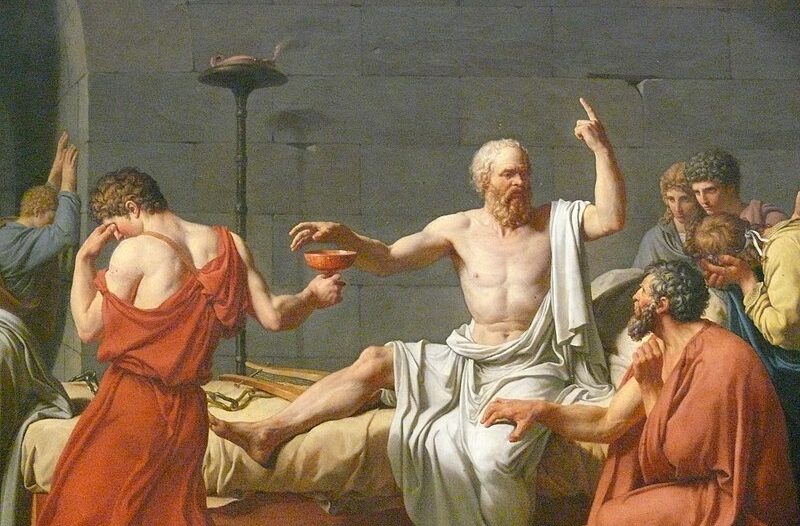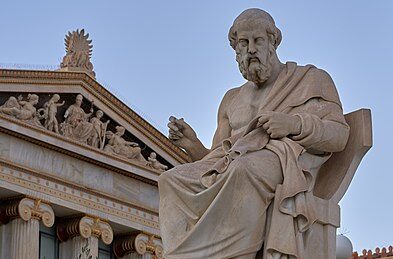Bertrand Russell: A Life of Thoughtful Controversies
Bertrand Russell, a famous British philosopher, logician, and social critic, left an indelible mark on the world through his exceptional intellect, advocacy, and willingness to question societal norms. Renowned for his groundbreaking contributions to philosophy and mathematics, Russell’s unwavering pursuit of truth and his candid nature often placed him in the midst of heated debates. Let’s delve into eleven significant controversies that defined Russell’s complex and influential legacy.
Religious Critique and Atheism: Russell’s critical view of religion, especially Christianity, sparked intense controversy. His essay “Why I Am Not a Christian” and his outspoken atheism challenged prevailing religious beliefs, triggering debates about the existence of God and the foundations of faith.
Opposition to World War I: During World War I, Russell’s pacifist stance and anti-war activism led to his dismissal from Trinity College, Cambridge. His imprisonment for opposing the war highlighted his role as a symbol of resistance against militarism.
Marriage and Moral Scandal: Russell’s advocacy for sexual freedom and experimentation resulted in a publicized moral scandal. His unconventional views on marriage led to his removal from City College of New York, challenging societal norms.
Championing Free Love and Feminism: Russell’s vocal support for free love and feminism ignited debates on gender roles and relationships. His progressive beliefs in women’s rights and autonomy prompted discussions on the evolving dynamics of family and society.
Critique of Capitalism and Marxism: Russell’s critiques of capitalism and Marxism showcased his commitment to scrutinizing established economic systems. His skepticism toward Marxist ideology led to clashes with left-wing thinkers, highlighting his dedication to independent thought.
Anti-Vietnam War Activism: Russell’s activism against the Vietnam War saw his involvement in the “Bertrand Russell Tribunal,” investigating war crimes. His criticism of U.S. foreign policy and support for the anti-war movement fueled additional controversy.
Unpopularity in World War II: Russell’s pacifist stance during World War II resulted in his unpopularity, perceived by some as unpatriotic. His criticisms of Allied powers and opposition to wartime censorship faced skepticism and backlash.
Advocacy for Nuclear Disarmament: Russell’s role in advocating nuclear disarmament and participation in organizations like the Campaign for Nuclear Disarmament (CND) drew admiration and criticism. His calls for unilateral disarmament were met with accusations of naivety.
Support for Homosexual Rights: Russell’s endorsement of homosexual rights during an era of widespread prejudice highlighted his commitment to social justice. His writings challenged societal biases and contributed to changing attitudes toward LGBTQ+ rights.
Philosophical Controversies: Russell engaged in philosophical disputes, notably with Ludwig Wittgenstein over language and meaning. These debates left an enduring impact on philosophy, shaping discussions about logic and language.
Academic Freedom vs. McCarthyism: Russell’s opposition to McCarthyism and defense of academic freedom in the U.S. clashed with conservative figures. His criticism of anti-communist sentiment revealed his unwavering dedication to intellectual liberty.
In conclusion, Bertrand Russell’s life was marked by thought-provoking controversies that underscored his commitment to challenging norms, advocating for human rights, and pursuing truth. As a philosopher, social critic, and activist, Russell’s legacy continues to inspire discussions on religion, politics, morality, and ethics. His unwavering principles in the face of opposition solidify his role as a transformative figure in the history of intellectual thought and social progress.
